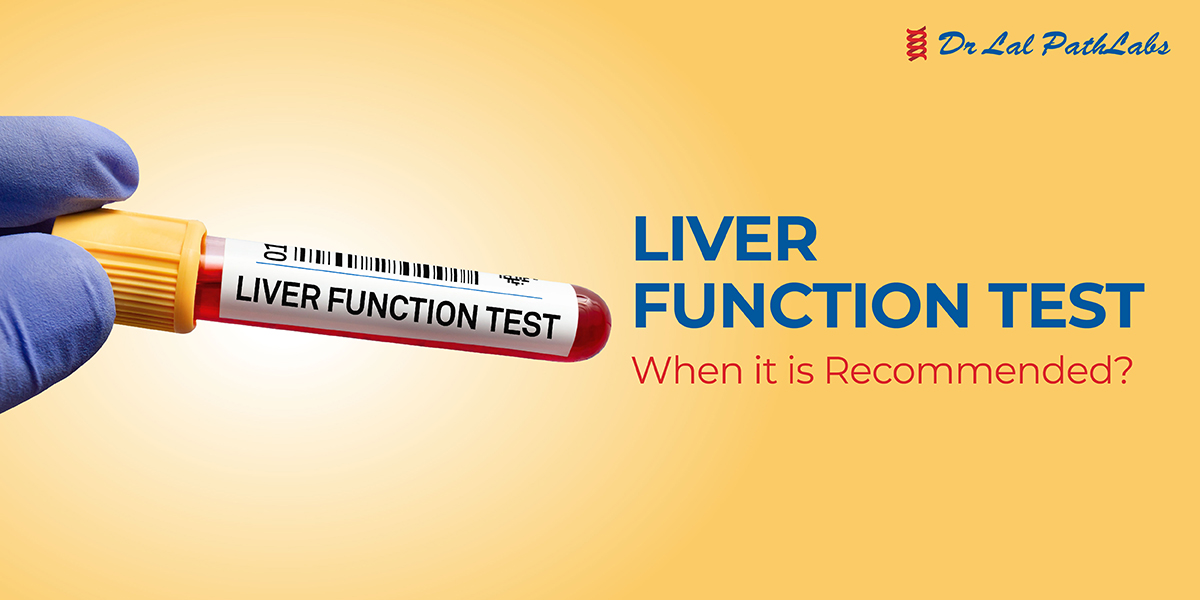Liver Function Tests: Purpose, Procedure, and Results
What is a Liver Function Test?
Do you know that the liver performs more than 500 functions? At about 3 pounds (the weight of a football), the liver is one of the largest organs in the body. It is located in the upper right-hand part of the abdomen and behind the lower ribs.
A liver panel or liver function test (LFT) is a group of blood tests used to detect, evaluate and monitor liver disorders and the overall health of the liver.

What does the Liver do?
The liver performs many essential, life-sustaining functions, including removing waste products and foreign substances from the blood, regulating blood sugar levels, and creating essential nutrients.
Some of the most essential functions of the Liver:
- Albumin Production
- Bile Production
- Filters Blood
- Regulates Amino Acids
- Regulates Blood Clotting
- Resists Infections
- Stores Vitamins and Minerals
- Processes Glucose
What does the Liver Function Test (LFT) measure?
The liver function test (LFT) measures levels of specific enzymes and proteins in the blood. The standard components of the test include:
- Alanine aminotransferase (ALT) – an enzyme mainly present in the liver and to a smaller extent in the heart, kidney, and skeletal muscle; the best test for detecting hepatitis
- Aspartate aminotransferase (AST) – an enzyme found in several body parts, including the heart, liver, and muscles. AST levels are usually measured together with ALT to check for liver problems.
- Total bilirubin
- Conjugated bilirubin
- Alkaline phosphatase (ALP) is an enzyme related to the bile ducts, often increased when blocked, either inside or outside the liver.
- Albumin
- Total protein
- Gamma-glutamyltransferase (GGT) – measures the level of the enzyme GGT in the blood. The GGT test is used to identify liver disease caused by bile duct blockage and alcohol consumption.
A:G Ratio – a calculated ratio of albumin to globulins.
When is the Liver Function Test (LFT) recommended?
The Liver Function Test (LFT) is recommended to:
- Check for damage from liver infections such as Hepatitis B, Hepatitis C
- Diagnose liver disorders
- Monitor treatment efficacy of liver disorders
- Monitor side effects of certain medications
- In case of planning for a pregnancy
- Individuals with high-risk factors for liver disorders.
These risk factors include:
- Diabetes
- Obesity
- A family history of liver disease
- Heavy alcohol use
- Injecting drugs using shared needles
- Unprotected sex
- Exposure to certain chemicals or toxins
How is the Liver Function Test (LFT) performed?
A blood sample will be taken from a vein in the arm by a professional.
No special preparations are required for the liver function test (LFT), though your doctor may instruct you if any specific preparations are needed.
What are the risks of the Liver Function Test (LFT)?
The liver function test (LFT) is a safe, standard test, and there are minimal risks involved, such as
- Bleeding
- Light-headedness
- Infection
- Bruising
What the results may indicate?
The normal value ranges of liver function test (LFT) results may vary slightly among different laboratories.
The doctor will evaluate the results based on health, gender, age, medical history, and other factors and explain what the test results mean in your specific situation.
What are the tips for maintaining a healthy liver?
The following tips are recommended for maintaining a healthy liver:
- Limit alcohol consumption
- Exercise Regularly
- Eat Healthy Food
- Practice Safe Sex
- Get vaccinated especially against hepatitis A and B and diseases such as yellow fever, which grow in the liver.













